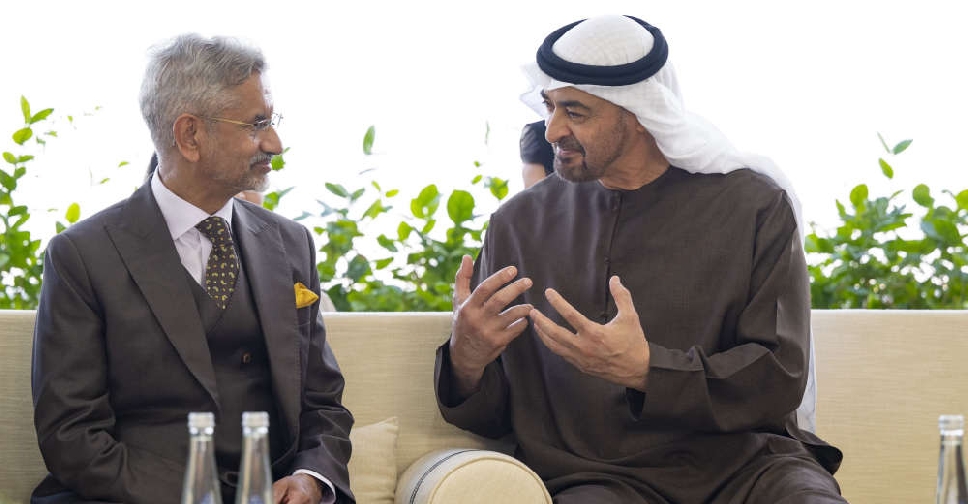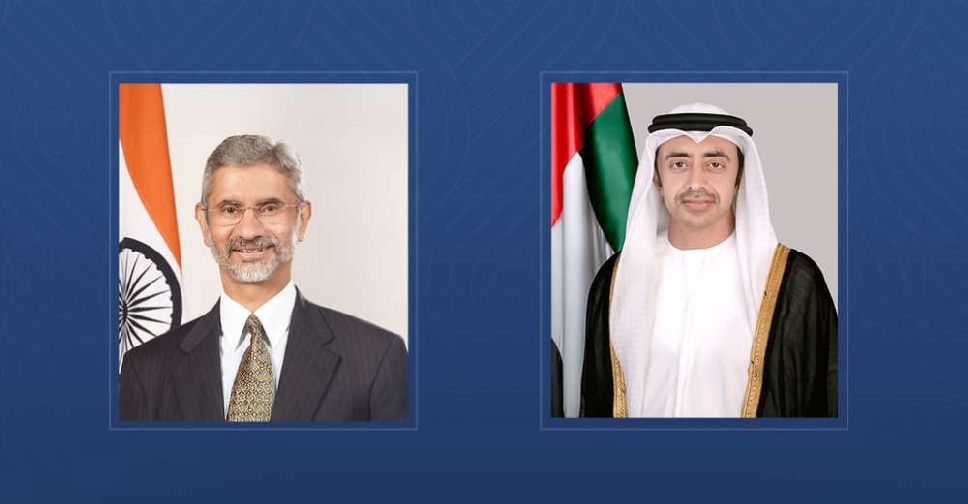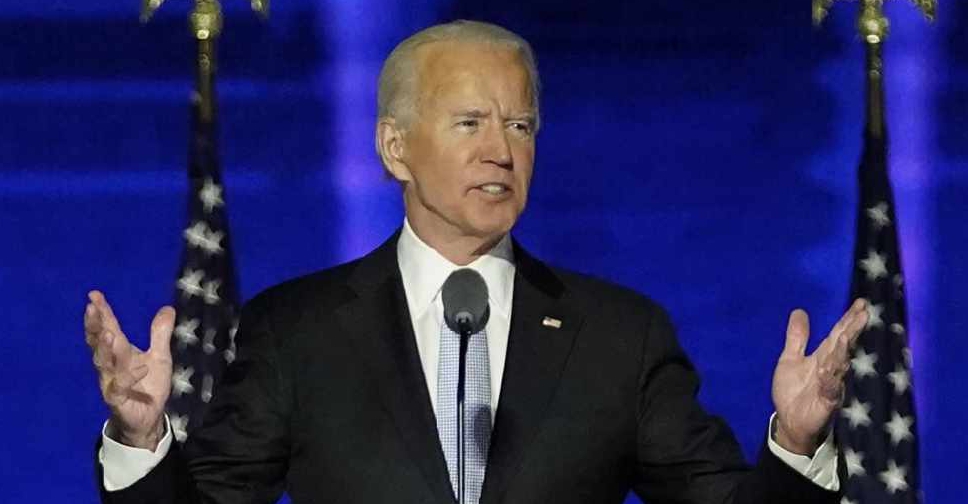
US President Joe Biden said on Wednesday he doubted whether Russian President Vladimir Putin would use a tactical nuclear weapon as Ukraine pleaded for a rapid increase in Western military aid to defend against missile strikes on its cities.
The Russian president, under domestic pressure to ramp up the war as his forces have lost ground since early September, ordered missile strikes on Monday in response to an alleged Ukrainian attack on Russia's bridge to annexed Crimea last weekend.
In recent weeks, Moscow moved to annex new tracts of Ukraine after referendums widely denounced as illegal, mobilised hundreds of thousands of Russians to fight, and repeatedly threatened to use nuclear arms, stoking alarm in the West.
Putin is a "rational actor who has miscalculated significantly," Biden said in a CNN interview.
Asked how realistic he believed it would be for Putin to use a tactical nuclear weapon, Biden responded: "Well, I don’t think he will."
A European diplomat said NATO was considering convening a virtual summit of the alliance to consider its response to Russia's nuclear threats, annexation of Ukrainian territory and mobilisation of troops.
NATO has not noticed any change in Russia's nuclear posture following the threats, Secretary General Jens Stoltenberg told reporters in Brussels on Tuesday.
Ukrainian President Volodymyr Zelenskiy said he expects a positive response on Wednesday from Western allies in Brussels to his requests for a rapid increase in military aid as the country's cities faced more Russian missile strikes.
After Monday's barrage of Russian missiles, Zelenskiy appealed to the leaders of the Group of Seven nations on Tuesday for more air defence capabilities. The G7 vowed to support Kyiv for "as long as it takes".
A US-led coalition of some 50 countries known as the Ukraine Defence Contact Group will meet in Brussels on Wednesday on the sidelines of a NATO defence ministers meeting.
"I am anticipating from our partners' progress on matters of anti-aircraft and anti-missile defences and agreements on new supplies of different weapons and ammunition vital for us," Zelenskiy said in an evening address on Tuesday.
The Ukrainian military said on Tuesday night that Russian missile strikes had damaged more than 10 cities, including Lviv, Bakhmut, Avdiivka and Zaporizhzhia. Air raid sirens wailed earlier across the country for a second day.
"Over the past 24 hours, the occupiers have again resorted to mass missile strikes - more than 30 cruise missiles, seven air strikes and 25 instances of shelling," Ukraine's armed forces said.
The Ukrainian command said its forces killed more than 100 Russian troops in the southern Kherson region. Reuters could not independently verify the battlefield reports.
The activity on Tuesday was less intense than the day before when dozens of strikes killed 19 people, wounded more than 100 and knocked out power across the country in Moscow's biggest aerial offensive since the start of its invasion on February 24.
More missile strikes on Tuesday killed seven people in the southeastern town of Zaporizhzhia, a presidential aide said, and left part of the western city of Lviv without power.
Ukrainian Defence Minister Oleksii Reznikov celebrated the arrival from the United States of what he said were four additional High Mobility Artillery Rocket Systems (HIMARS), whose accuracy and longer range have allowed Ukraine to reduce Russia's artillery advantage.
"HIMARS time," he wrote on Twitter, was a "good time for Ukrainians and bad time for the occupiers."
Ukraine on Tuesday received the first of four IRIS-T air defence systems Germany promised to supply, a German defence ministry source said. The United States said it was speeding up the shipment of NASAMS air defences to Ukraine. Washington has already provided more than $16.8 billion worth of security aid to Ukraine during the war.

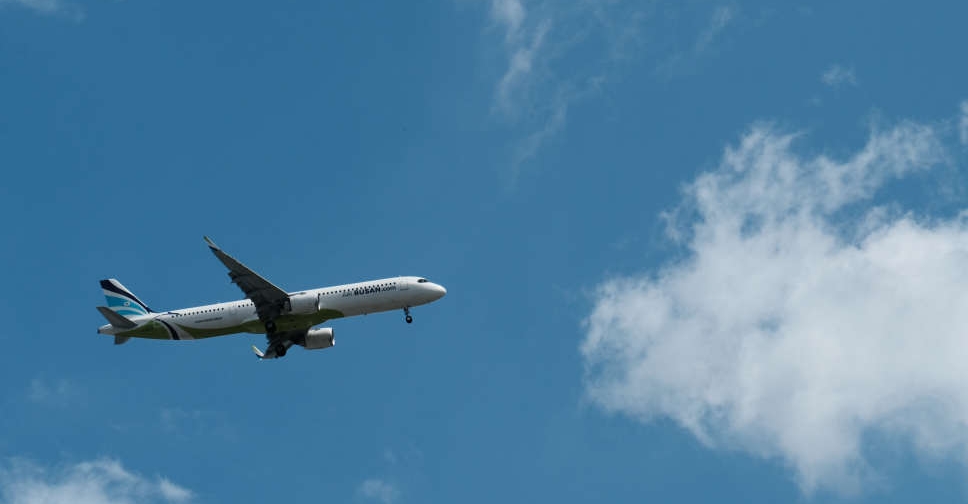 Plane catches fire at Busan airport in South Korea
Plane catches fire at Busan airport in South Korea
 Indian state studies plan to ban petrol, diesel vehicles in Mumbai
Indian state studies plan to ban petrol, diesel vehicles in Mumbai
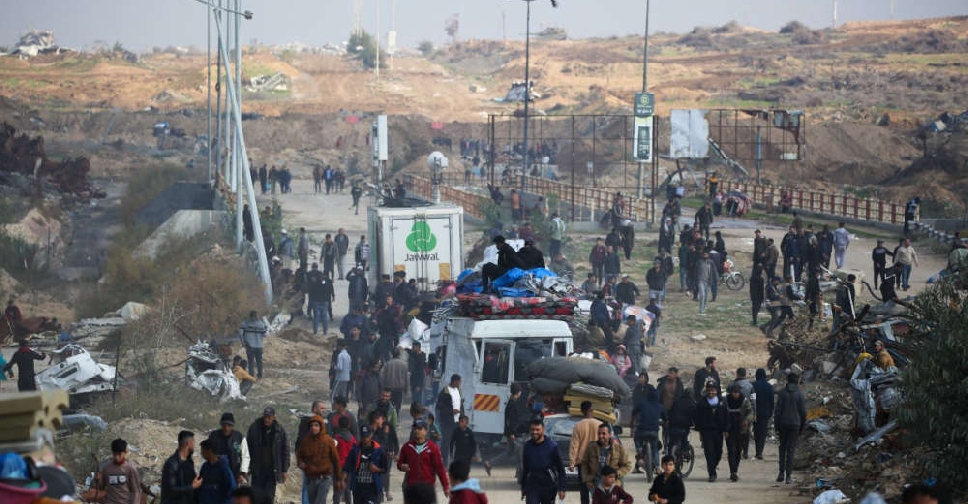 Gaza residents stream home to the north after hostage breakthrough
Gaza residents stream home to the north after hostage breakthrough
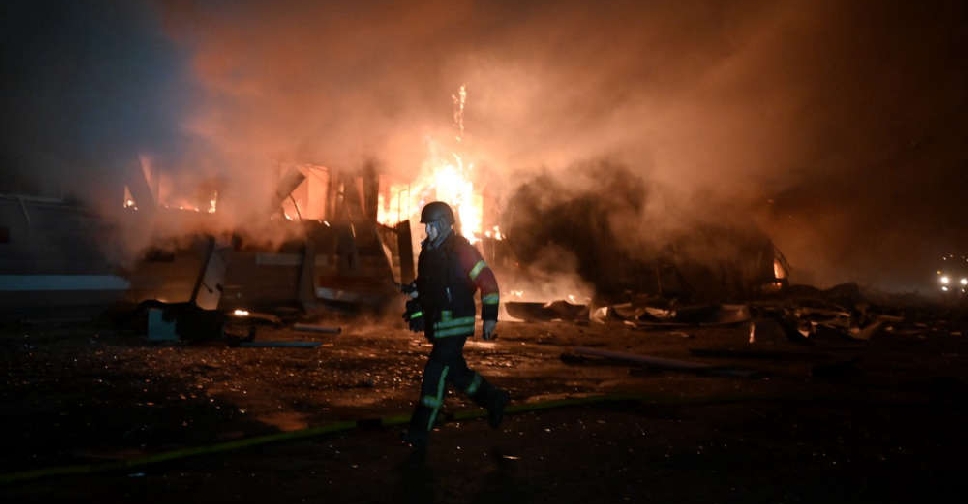 Russian drone attacks in Ukraine injure 8, damage residences
Russian drone attacks in Ukraine injure 8, damage residences
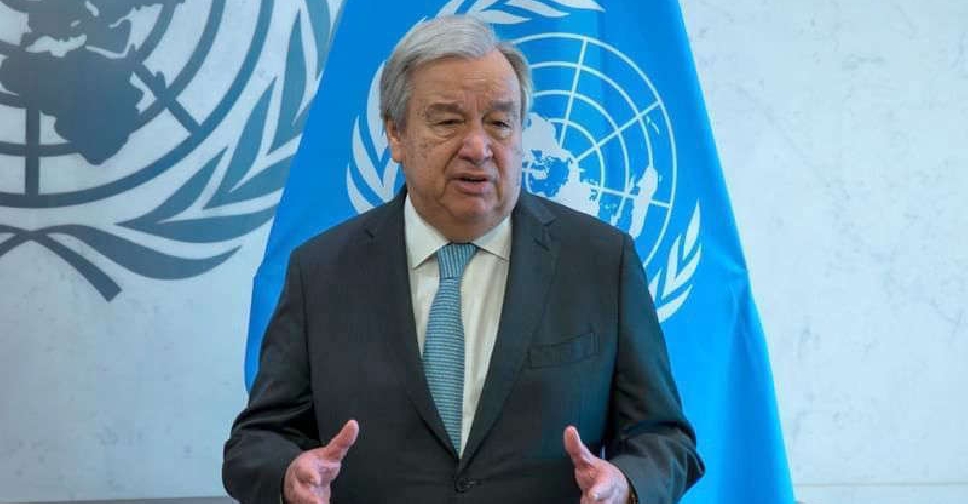 UN Chief expresses concern over US freeze on foreign aid
UN Chief expresses concern over US freeze on foreign aid
